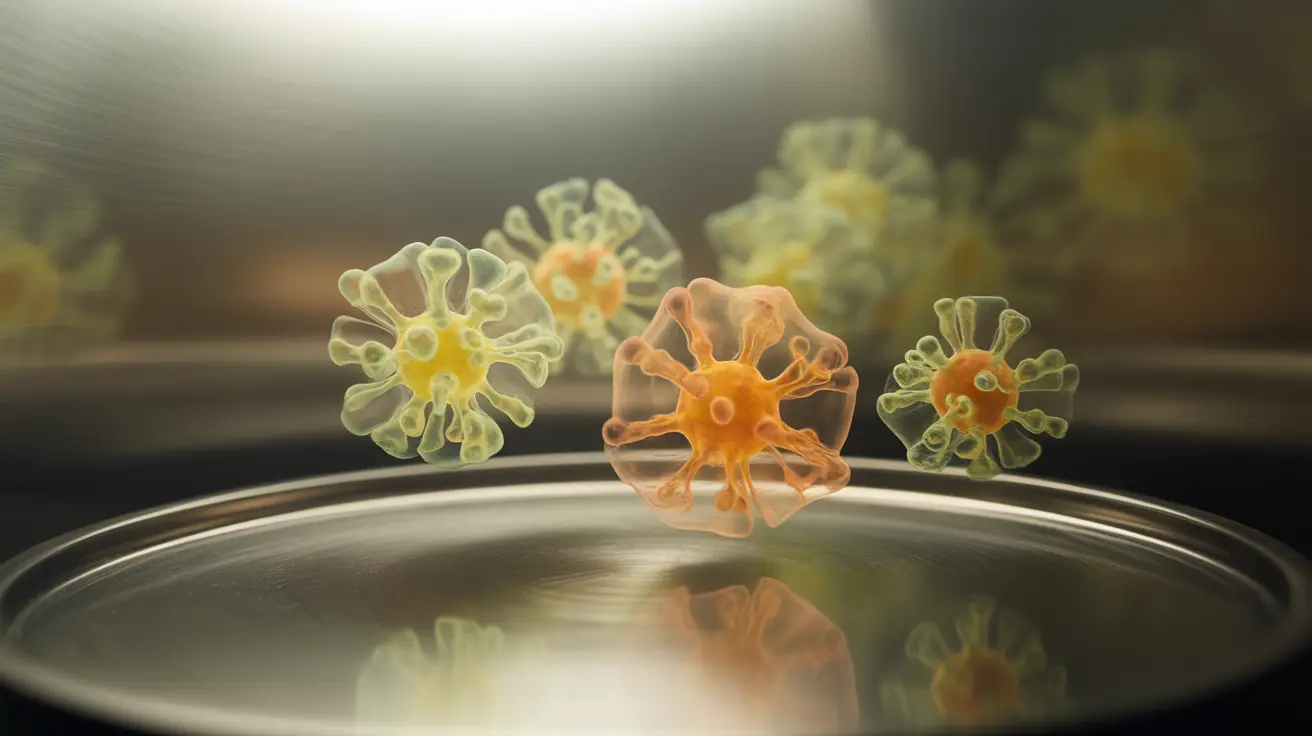As the COVID-19 pandemic continues to evolve, many people are curious about whether sun exposure could play a role in preventing or treating the virus. This comprehensive guide examines the relationship between sunlight and COVID-19, separating scientific facts from misconceptions.
The Relationship Between Sunlight and COVID-19
While sunlight offers various health benefits, including vitamin D production and mood enhancement, its direct impact on COVID-19 requires careful scientific examination. Understanding this relationship is crucial for making informed health decisions during the pandemic.
Sunlight and Virus Survival
Research has shown that ultraviolet (UV) radiation from sunlight can affect virus particles in specific conditions. However, this effect primarily relates to surface contamination and airborne particles in controlled settings, not virus particles already inside the human body.
The Vitamin D Connection
Sunlight helps our bodies produce vitamin D, which plays a vital role in immune system function. While maintaining adequate vitamin D levels is important for overall health, it's not a direct treatment or prevention method for COVID-19.
Health Considerations and Risks
Potential Benefits
Regular, moderate sun exposure can provide several health advantages:
- Vitamin D production
- Improved mood and mental health
- Enhanced immune system function
- Better sleep regulation
Important Safety Concerns
Relying on sun exposure as a COVID-19 prevention or treatment method carries significant risks:
- Increased skin cancer risk from excessive UV exposure
- Sunburn and skin damage
- False sense of security regarding virus protection
- Delayed seeking of proper medical treatment
Evidence-Based Prevention Methods
Instead of relying on sunlight, medical experts recommend these proven COVID-19 prevention strategies:
- Vaccination
- Proper mask wearing when recommended
- Regular hand washing
- Physical distancing in high-risk situations
- Good ventilation in indoor spaces
Frequently Asked Questions
Is sunlight an effective treatment or cure for COVID-19?
No, sunlight is not an effective treatment or cure for COVID-19. While UV light can kill virus particles on surfaces, it cannot eliminate the virus once it's inside the human body. Approved medical treatments and vaccines are the appropriate ways to prevent and treat COVID-19.
Can getting more sun or vitamin D help prevent or speed up recovery from COVID-19?
While maintaining healthy vitamin D levels supports overall immune function, there's no direct evidence that increased sun exposure or vitamin D alone prevents COVID-19 or speeds recovery. It's best to maintain balanced vitamin D levels through a combination of safe sun exposure, diet, and supplements if recommended by your healthcare provider.
What are the health risks of using sun exposure as a way to treat COVID-19?
Attempting to treat COVID-19 with sun exposure carries several risks, including severe sunburn, increased skin cancer risk, and delayed proper medical treatment. Additionally, overreliance on sunlight could provide a false sense of protection against the virus.
Does ultraviolet (UV) light from the sun kill the COVID-19 virus on surfaces or in the air?
UV light from the sun can inactivate virus particles on surfaces and in the air under specific conditions and exposure times. However, this effect is variable and depends on factors like intensity, duration, and environmental conditions. It should not be relied upon as a primary disinfection method.
What do doctors recommend instead of sunlight for managing or preventing COVID-19?
Healthcare professionals recommend evidence-based approaches including vaccination, following local health guidelines, maintaining good hygiene practices, wearing masks when appropriate, and seeking proper medical care when needed. These methods are proven more effective than sun exposure for preventing and managing COVID-19.




